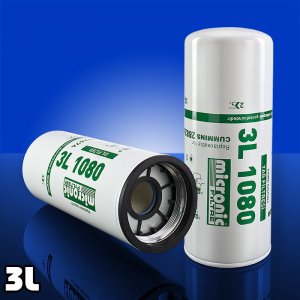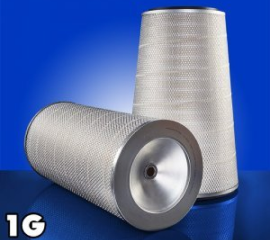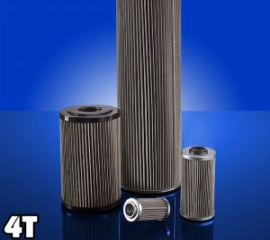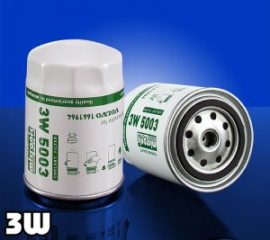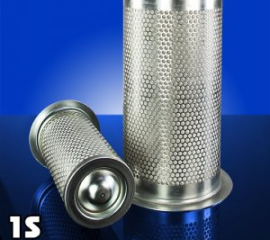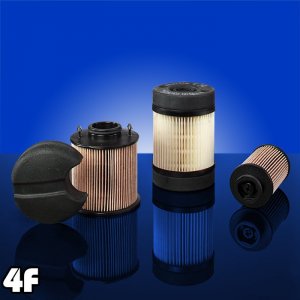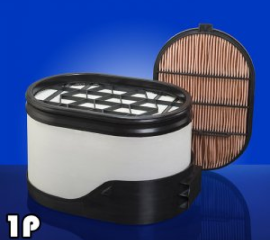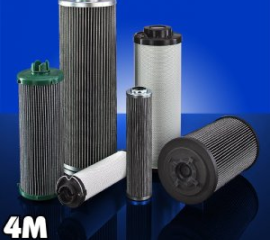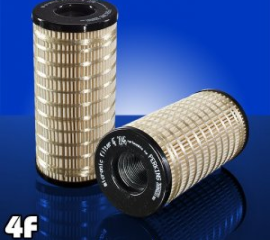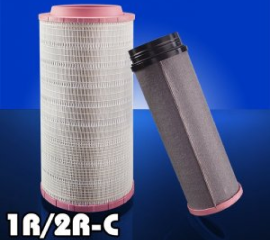Oil Filters
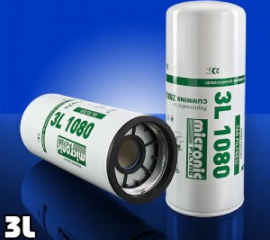
Dirty oil can cause catastrophic damage to your engine. By using the proper lube filter for your engine, you can minimize the possibility of costly downtime and repairs.
Micronic Filters has been making lube filters for over seventy years. With more than 650 lube filters for heavy-duty and automotive applications, Micronic has the coverage and quality you demand.
Improved high-performance engines and new emission standards have had a significant impact on the development of oils and oil filters. As manufacturers continue to develop more sophisticated engines, new classifications of oils will continue to be developed.
These new oils play a vital part in protecting engines by reducing friction and wear, cooling engine parts, sealing combustion chambers, cleaning engine components and inhibiting corrosion. Lube filters also play a critical role in protecting engines by removing damaging contaminants from the oil.
Lube filters trap oil contaminants in two ways:
Some particles adhere to the filter media as the oil flows through the filter. These particles attach themselves to the media surface without plugging the media pores.
Other particles are trapped in the filter media by the pressure of the oil as it flows through the filter.
Oil is the lifeblood of the heavy duty engine. Micronic high-efficiency oil filters provide protection from oil contaminants to help ensure optimal performance. Efficient filtration can reduce wear, guard against system failure and promote maximum equipment performance and uptime.
Oil Filter Products:
Offer an extended line of both spin-on and cartridge style filters
Use filtration media engineered with a variety of natural and synthetic fibers for optimum efficiency, capacity and flow restriction
Include Spin-ons with deep drawn steel shells for high burst pressure and impulse-fatigue strength
Are engineered with Center cores that resists high-pressure surges
Provide up to 99,9% efficiency
Use vibration-resistant sealing gaskets
Quality filtration that protects your engine during:
Frequent idle time
Stop-and-go driving
Heavy towing and weight loads
Steep hill/mountain ascents
Driving on dusty, dirty roads
Extensive highway driving in hot weather
Sub-zero climate operation
Cold start-ups

 asamfiltrasion.com@gmail.com
asamfiltrasion.com@gmail.com +38 (044) 369-51-05
+38 (044) 369-51-05

